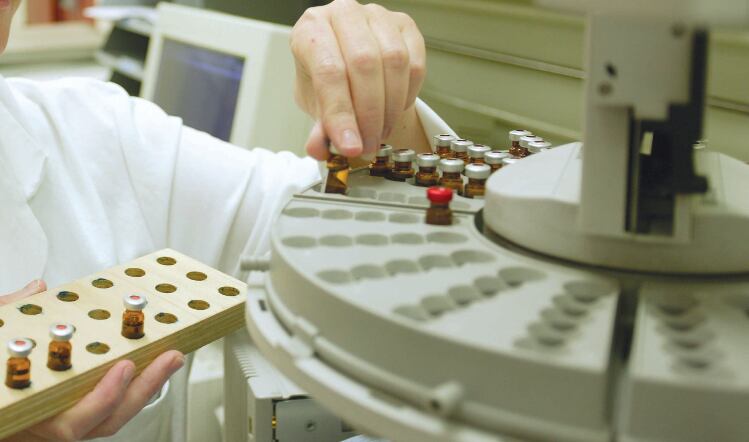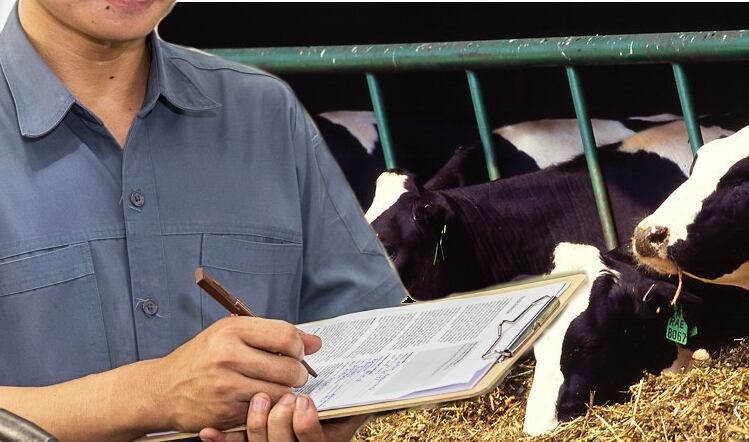The new law will allow the creation and marketing of ‘precision bred’ or genome edited plants and vertebrate animals in England, removing them from the regulatory system for the release of genetically modified organisms (GMOs).
Genome editing was previously subject to the same rules and regulations governing GMOs, but under the new law genome edited animals and food will not be classed in England as GMOs and will not be labelled as such.
David Bowles, head of campaigns and public affairs at the RSPCA, said gene editing could be a huge step backwards for animals.
Welfare and ethical concerns
“We do not believe this Act should include animals, whether they are farm, pet or wildlife,” Bowles added. “Invasive procedures are needed to create each line of gene edited mammals, there is no history of use for this powerful technology, and it can cause unintended changes to the genome, with unpredictable effects. The RSPCA has serious animal welfare and ethical concerns about this.”
Bowles voiced his disappointment at the Government continuing to put the welfare of animals as risk by passing the Act before the ‘essential safeguards’ for animals have been properly identified.
“We are expected to trust that the codes of practice that will eventually accompany the Bill will ensure that animals do not suffer, but the way this has been rushed through does not inspire us with confidence,” he continued.
“The UK Government has already acknowledged public concerns about animal welfare and gene editing, so we are unsure why they have bullishly pushed ahead with this ill-judged policy.”
Editing animal DNA
The RSPCA expressed concerns that directly editing animals’ DNA could lead to the creation of animals who can tolerate poor husbandry or veterinary care, rather than improving practices to meet animals’ needs.
“By allowing the inclusion of all vertebrate animals within this Bill, the UK Government is opening a Pandora’s box of what could be allowed in the future,” said Bowles. “It is also forcing genetically engineered products onto the markets in Wales and Scotland despite both countries being firmly against such technology.
“The UK Government has said they want the highest animal welfare standards and to encourage agricultural and scientific innovation, but allowing the genome editing of animals could be a significant backward step for animal welfare.”
Meanwhile, in January, claims that a farm supplying milk to Freshways – whose customers include Costa, Iceland and British Airways – is mistreating animals were labelled as unfounded by Red Tractor Standards.





